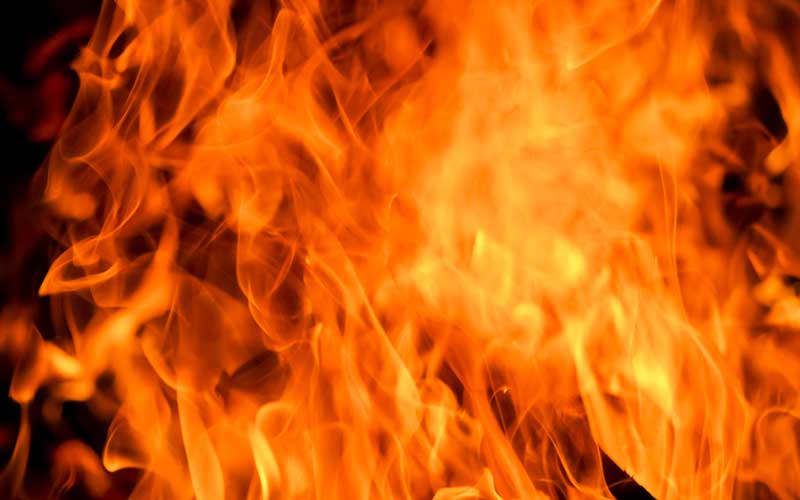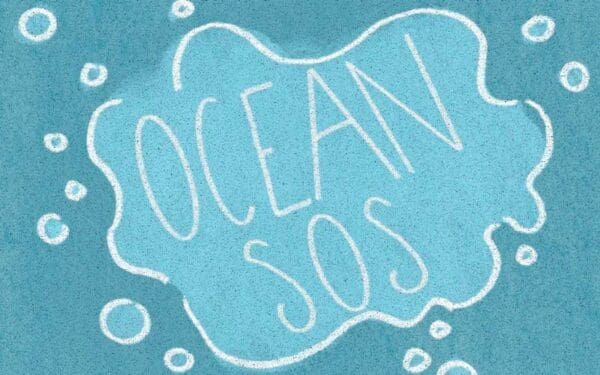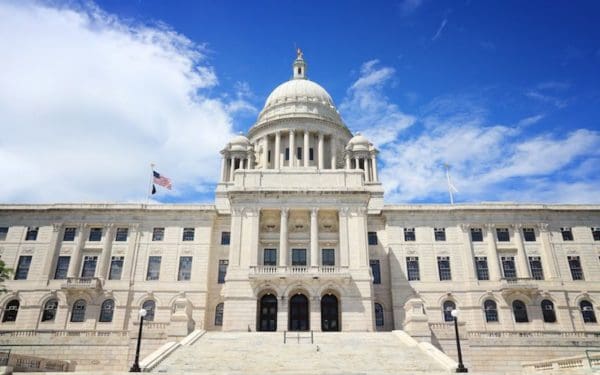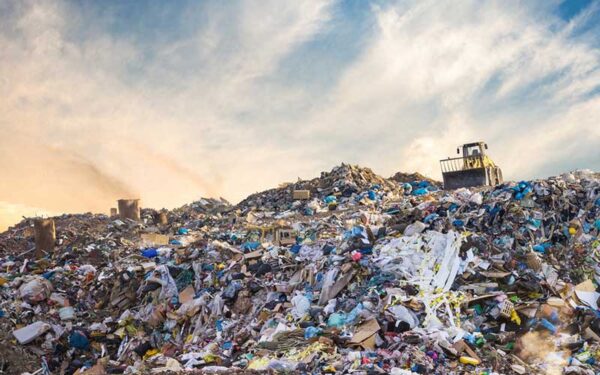
"Advanced recycling" is a greenwashed term for dangerous, high-heat technologies that burn plastic and pollute our environment. Photo: Shutterstock
Advanced recycling. Sounds promising, right? As though some newfangled technology will finally fix our failing recycling system. At least, that’s what big oil, chemical, and beverage companies want us to think.
But so-called “advanced recycling” is a ruse. The term is part of a larger disinformation – or greenwashing – campaign. That campaign’s goal: to distract lawmakers and the public from real solutions to the world’s plastic crisis.
Here’s the truth. Big oil, chemical, and beverage companies make loads of money off plastic production. And they’ll do anything in their power to keep it that way. That includes spending big to undermine new laws that aim to regulate plastic production and fix recycling.
When corporate polluters exploit the plastic crisis for their own benefit, they put the health of people and our climate on the line. That’s why we oppose Big Plastic’s so-called “advanced recycling” technology. We support real solutions that work – and that are good for public health and the environment.
Dangerous “Advanced Recycling” Facilities Pollute Our Air and Climate
Corporate polluters tout “advanced recycling” as a solution to our plastic crisis. But this industry-coined term refers to technologies that burn plastics using high heat. Big Plastic says these technologies, which include gasification and pyrolysis, are safe for people and the environment. They also claim this technology generates renewable energy, making it a climate solution.
Nothing about turning plastic into fuel is clean, safe, or renewable. In fact, most of these facilities use an energy-intensive process. They also spew the same dangerous pollutants as “conventional” trash incineration. And the dirty fuels they produce release climate-damaging emissions when burned.
What’s more, developers often build these polluting facilities in neighborhoods already overburdened by pollution and other environmental harms – at the expense of our environment, the climate, and public health.
The “Advanced Recycling” Disinformation Campaign in New England
Presenting “advanced recycling” as the solution to our plastic crisis makes it easier for Big Plastic to encourage cities, towns, and states to build high-heat facilities. It also makes it easier to push states to pass laws that exempt these facilities from standard environmental regulations. That means no public permitting process, no siting restrictions, and no operating standards.
We are seeing Big Plastic propose such laws across New England and nationwide. These bills are a clear effort to open New England’s doors to dangerous high-heat facilities. But their efforts aren’t always so transparent.
Big Plastic often tries to hide language that will enable these high-heat facilities in proposed legislation aimed at curbing plastic pollution. This is their way of appearing to support zero waste legislation, such as producer responsibility for packaging. In reality, they are ensuring that a proposed zero waste bill includes a loophole for dangerous plastic-burning technologies.
Fighting for Modern Recycling Systems that Work
As Big Plastic doubles down on plastic production, it campaigns even harder for high-heat technologies. We expect “advanced recycling” bills and loopholes to continue being introduced across the country.
We must fight against Big Plastic’s disinformation campaign on high-heat technologies. We also must keep pushing for tried-and-true zero waste solutions, such as Bottle Bills and producer responsibility for packaging laws.
Bottle Bills set up a deposit program for beverage containers. When you return a bottle, you get the deposit back. That makes bottles more likely to be recycled than in curbside programs. That’s why CLF is pushing for modern Bottle Bill legislation across the region.
We are also pushing for producer responsibility for packing laws. We helped pass the nation’s first such law in Maine in 2021. Producer responsibility for packing laws force plastic manufacturers to reimburse cities and towns for the cost of disposing of their polluting products.
These tried-and-true solutions are the way forward. They increase recycling and reduce litter and also hold producers accountable for the waste they create. When modern Bottle Bills and producer responsibility laws working together, we can limit plastic production, hold Big Plastic accountable, and protect public health and our climate.
The Truth Is: Advanced Recycling is a Fake Solution
“Advanced recycling” is dangerous to people and our environment. It is no solution to the plastic crisis. Instead, it’s just another way for Big Plastic and its allies to protect their polluting profits.
With your help, we are exposing Big Plastic’s tactics for spreading disinformation and avoiding responsibility.
Stay in the loop: Sign up to receive CLF’s emails and see how you can get involved in our work.



